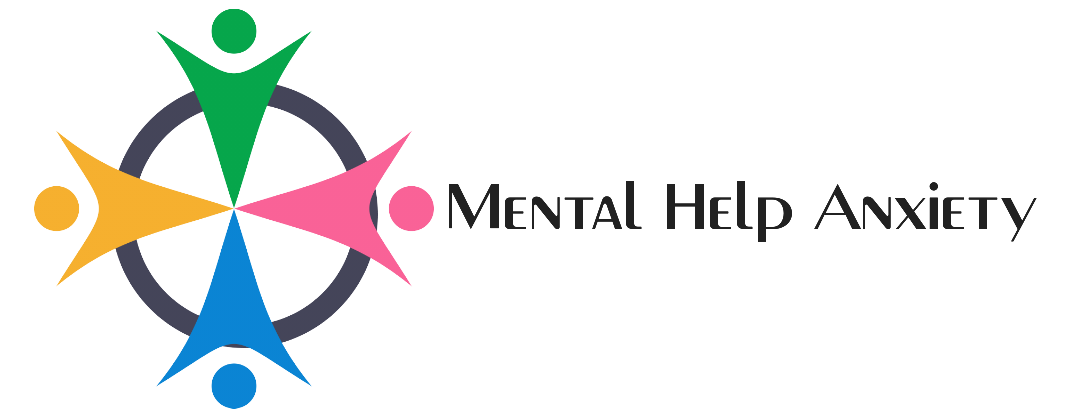Trauma is a profound and distressing experience that can significantly impact an individual’s psychological well-being. It encompasses a wide range of events, from personal tragedies such as abuse and accidents to large-scale disasters like wars and natural calamities. The psychological consequences of trauma are varied, often long-lasting, and deeply personal, affecting individuals in unique ways depending on their circumstances and coping mechanisms. This article delves into the common psychological issues that arise from trauma and their implications for mental health while also highlighting the resilience and strength of trauma survivors.
Post-Traumatic Stress Disorder (PTSD)
One of the most recognized psychological consequences of trauma is Post-Traumatic Stress Disorder (PTSD). Characterized by intrusive memories, flashbacks, nightmares, and heightened arousal, PTSD can severely disrupt an individual’s daily life. People with PTSD may avoid places, people, or activities that remind them of the traumatic event, leading to social withdrawal and isolation. The condition often manifests alongside other mental health issues, such as depression and anxiety, creating a complex web of symptoms that require targeted interventions.
Depression and Anxiety Disorders
Trauma frequently triggers depression and various anxiety disorders. Feelings of hopelessness, worthlessness, and a pervasive sense of sadness are common among individuals who have experienced trauma. Anxiety may manifest as constant worry, restlessness, and physical symptoms such as a racing heart and shortness of breath. Trauma survivors often grapple with an intense fear of recurrence, leading to hypervigilance and a persistent sense of danger. These conditions can significantly impair an individual’s ability to function and enjoy life.
Chronic Stress and Physical Health Impacts
Trauma-induced psychological issues often manifest physically. Chronic stress resulting from trauma can lead to conditions such as hypertension, gastrointestinal problems, and a weakened immune system. The mind-body connection is profound, and untreated psychological trauma can create a cascade of physical health challenges, further compounding the individual’s distress.
Self-Esteem and Identity Issues
Trauma can profoundly impact an individual’s self-perception. Survivors often struggle with feelings of shame, guilt, and a diminished sense of self-worth. This is particularly evident in cases of abuse, where victims may internalize blame or feel fundamentally flawed. Such identity struggles can hinder personal growth and relationships, making recovery an uphill battle.
Interpersonal Relationship Challenges
Trauma frequently disrupts interpersonal relationships. Survivors may find it difficult to trust others, fear intimacy, or struggle with communication. These challenges often lead to isolation or strained relationships, further perpetuating feelings of loneliness and abandonment. For those who experienced trauma within relationships, such as domestic violence, these issues can be particularly pronounced.
Pathways to Recovery
While the psychological consequences of trauma are profound, recovery is possible with the right interventions. Therapy plays a pivotal role, with approaches such as Cognitive Behavioral Therapy (CBT), Eye Movement Desensitization and Reprocessing (EMDR), and trauma-focused therapies showing efficacy in treating trauma-related disorders. Support systems, whether through family, friends, or support groups, are equally crucial in providing a sense of belonging and understanding. Additionally, when necessary, mindfulness practices, physical activity, and medication can complement traditional therapeutic approaches.
Conclusion
Trauma leaves an indelible mark on the psyche, often manifesting in a range of psychological issues that can disrupt every aspect of life. However, understanding these challenges and seeing.
Thank you for engaging in this critical and often complex conversation about trauma and its psychological impacts. Your willingness to listen and learn is crucial in supporting trauma survivors.


